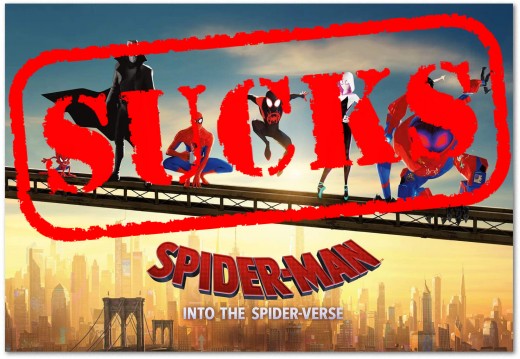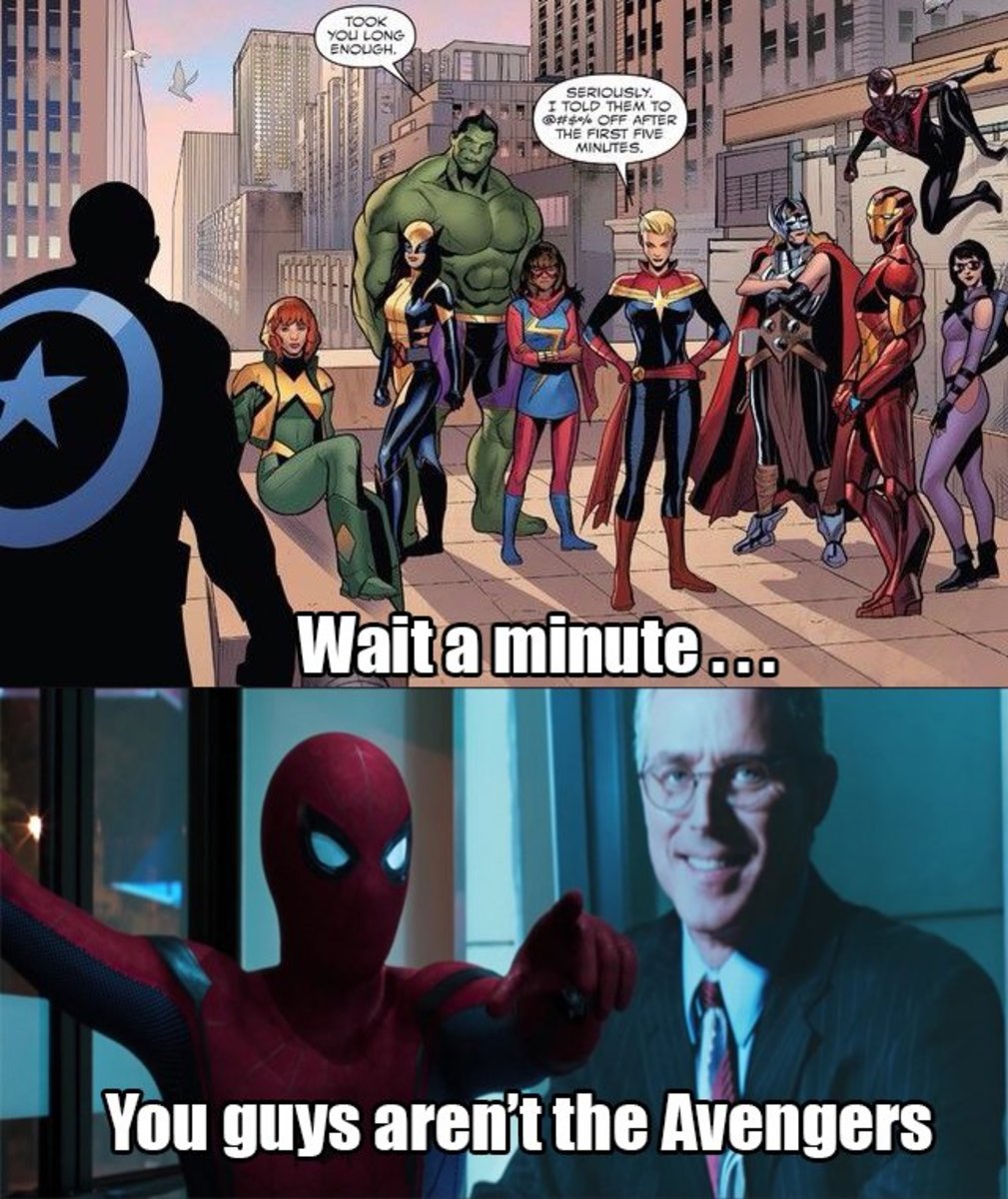The Downfall of Spider-Man: A Tale of Mephistophelean Meddling and Cloned Mediocrity
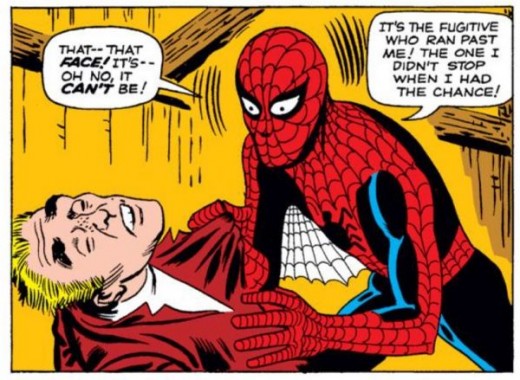
The Downfall of Spider-Man: A Tale of Mephistophelean Meddling and Cloned Mediocrity
The legacy of Spider-Man, one of Marvel Comics’ most iconic heroes, has been tarnished by a series of misguided decisions from writers and executives, chief among them Joe Quesada, Dan Slott, and Brian Michael Bendis. These individuals, through their controversial storylines, have arguably undone the essence of Peter Parker, replacing depth and originality with shallow gimmicks and tokenism. This essay explores how Joe Quesada’s “One More Day” storyline, with its devilish intervention by Mephistopheles, mirrors Quesada’s own destructive influence, how Dan Slott’s “Superior Spider-Man” arc further damaged the character, and how Bendis’s creation of Miles Morales represents a lazy, unoriginal clone overshadowing the original. It also critiques Sony Pictures’ cinematic and gaming missteps, while addressing the attached image’s provocative comparison of Miles Morales and Peter Parker.
Joe Quesada and the Mephistophelean Betrayal in “One More Day”
Joe Quesada’s tenure as Marvel’s Editor-in-Chief marked a turning point with the 2007 storyline “One More Day,” where Peter Parker makes a Faustian bargain with Mephistopheles, the Marvel Universe’s devil, to save Aunt May’s life. In exchange, Peter and Mary Jane’s marriage is erased from existence, a decision that rewrote decades of character development. This plot, co-written with J. Michael Straczynski, was a desperate attempt to revert Spider-Man to a single, relatable young man, but it came at the cost of narrative coherence and fan goodwill. Mephistopheles, a manipulative entity thriving on desperation, parallels Quesada himself—both exploited a vulnerable hero for their own ends, with Quesada’s editorial meddling sacrificing Peter’s growth for a contrived reset. The storyline’s reliance on a supernatural deus ex machina alienated fans, leaving Spider-Man’s legacy scarred by a deal with the devil that felt more like a corporate maneuver than a creative choice.
Dan Slott’s “Slotto Blocktavius” Debacle
Dan Slott’s “Superior Spider-Man” arc (2012–2014) compounded the damage by having Doctor Octopus swap bodies with Peter Parker, taking over his life and the Spider-Man mantle. Dubbed “Slotto Blocktavius” by detractors, Slott’s tenure saw Octopus attempt to “improve” Spider-Man’s methods, only for Peter to reclaim his body after a prolonged absence. This body-swap narrative, while initially intriguing, devolved into a convoluted mess that undermined Peter’s agency. However, this wasn’t the first time Spider-Man’s identity was hijacked. Kraven the Hunter, in the 1987 “Kraven’s Last Hunt” storyline, shot Peter, buried him alive, and donned his black suit to impersonate him. Kraven’s impersonation was more impactful, as he killed criminals and terrorized Mary Jane Watson, who recognized the impostor due to her intimate knowledge of Peter. Kraven’s darker, more authentic portrayal outshone Slott’s gimmicky swap, highlighting Slott’s failure to match the original’s depth and leaving fans with another tarnished chapter.
Miles Morales: The Black Clone and Token Replacement
Brian Michael Bendis introduced Miles Morales in 2011’s Ultimate Fallout #4 as a black, Afro-Puerto Rican Spider-Man following Peter’s death in the Ultimate Universe. Marketed as a diverse successor, Miles is essentially a cloned echo of Peter, inheriting spider-powers via a genetically altered bite originally tied to Peter’s blood. The attached image starkly contrasts the “Virgin Miles Morales” with the “Chad Peter Parker Spider-Man,” labeling Miles as a societal conformist with a “dumbass haircut” and borrowed web-shooters, while Peter is depicted as a self-made hero who fights bare-knuckled and conquers tragedies. This satire underscores a key critique: Miles lacks originality, relying on his “Venom Blast” to win fights, a power Peter never needed. His villains—often borrowed from Peter’s rogues’ gallery—and dependence on others for web-shooters highlight his derivative nature. The image’s claim that Miles “can’t even defeat a common mugger without using at least 2 venom blasts and turning invisible twice” exaggerates but reflects a perceived lack of independent heroism. Miles’ stories follow a repetitive arc: he doubts his powers, gets beaten, and uses Venom Blast to prevail, as noted in the essay prompt. This formulaic approach, paired with his reliance on Peter’s legacy, renders him a pale imitation. Bendis, often criticized as a “namby-pamby male feminist,” crafted Miles as a token diversity figure, leveraging race to garner praise rather than building a compelling character. As a Hispanic and Native American reader, I reject the notion that diversity alone justifies Miles’ prominence—quality matters more. His fanbase’s accusations of racism against critics further insulate him from scrutiny, a built-in defense that stifles legitimate debate. Unlike Dick Grayson, who has earned iconic status over 70 years without a solo film, Miles’ rapid push for a franchise feels undeserved, driven by progressive agendas rather than merit.
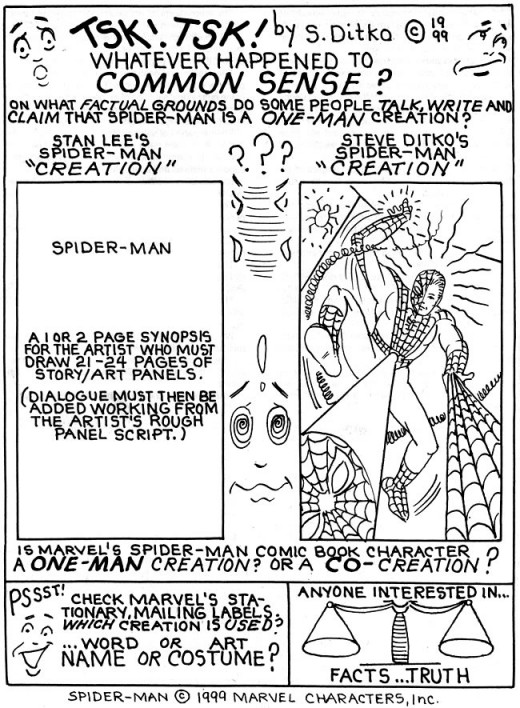
The Preference for Simpler Stories
The proliferation of clones like Miles and the sprawling Spider-Verse multiverse dilutes Spider-Man’s appeal. I prefer the simpler, grounded tales of Peter Parker—stories of personal struggle and triumph, like “Kraven’s Last Hunt,” over the cookie-cutter complexity of alternate Spider-People. Miles’ existence, alongside Sony’s multiverse films, overshadows Peter, the original whose trials—losing Uncle Ben, balancing love and duty—defined the character. The image’s praise of Peter’s resilience against “psychological torture” and life’s tragedies resonates, contrasting with Miles’ untested, borrowed heroism.
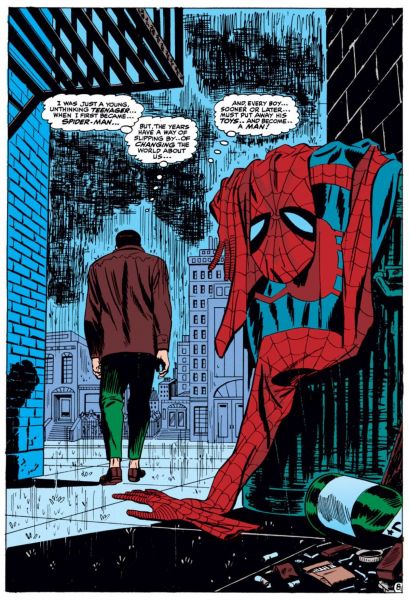
Sony’s Cinematic and Gaming Fiascos
Sony Pictures has further eroded Spider-Man’s legacy with critically panned films like Morbius, Madame Web, Kraven the Hunter, and the Venom trilogy, none of which feature Spider-Man despite their ties to his world. These movies, averaging poor Rotten Tomatoes scores, reflect a cash-grab approach, prioritizing spin-offs over the hero’s essence. Similarly, the PS4 and PS5 Spider-Man games, while popular, mimic the Arkham Batman formula, lacking the unique web-slinging identity that defined earlier adaptations. This corporate overreach mirrors the comic writers’ missteps, diluting Spider-Man into a franchise machine rather than a character-driven narrative.
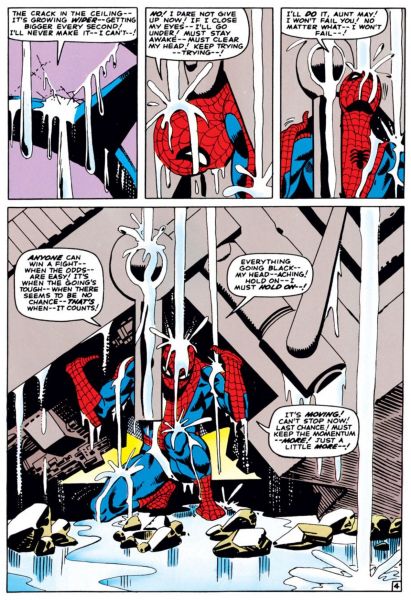
The Shallow Depths of Tom Holland’s Spider-Man
Tom Holland’s portrayal of Spider-Man in the Marvel Cinematic Universe further dilutes the character’s depth, stripping away the emotional core that defined earlier iterations. Uncle Ben, the catalyst for Peter Parker’s transformation into a hero, is barely a footnote in these films, with his death and the iconic line “with great power comes great responsibility”—originally an inner monologue reflecting Peter’s guilt, sadness, anxiety, and depression after letting the thief who killed Ben escape—reduced to a passing reference. Instead, Tony Stark (Iron Man) steps in as a surrogate mentor, providing Peter with a high-tech suit and web-shooters. This replacement robs Peter of his independence, a key aspect of his character, who once crafted his own gear, turning him into a dependent sidekick rather than a self-made hero. The result is a Spider-Man lacking the profound personal struggle that shaped his legacy, replaced by a polished, corporate-approved version that feels hollow in comparison.

Conclusion: Hack Writers and a Lost Legacy
Joe Quesada, Dan Slott, and Brian Michael Bendis emerge as hack writers whose decisions—Quesada’s devilish reset, Slott’s body-swap fiasco, and Bendis’s token clone—have undermined Spider-Man. Their work prioritizes editorial agendas over storytelling, with Miles Morales as a symptom of this decline. Sony’s cinematic and gaming failures amplify the damage, leaving fans yearning for the original Peter Parker, whose “amazing” journey needs no clones or multiverses to shine. As the image suggests, Peter remains the true Spider-Man, while Miles, for all his diversity, remains a shadow—borrowed, repetitive, and ultimately forgettable.
